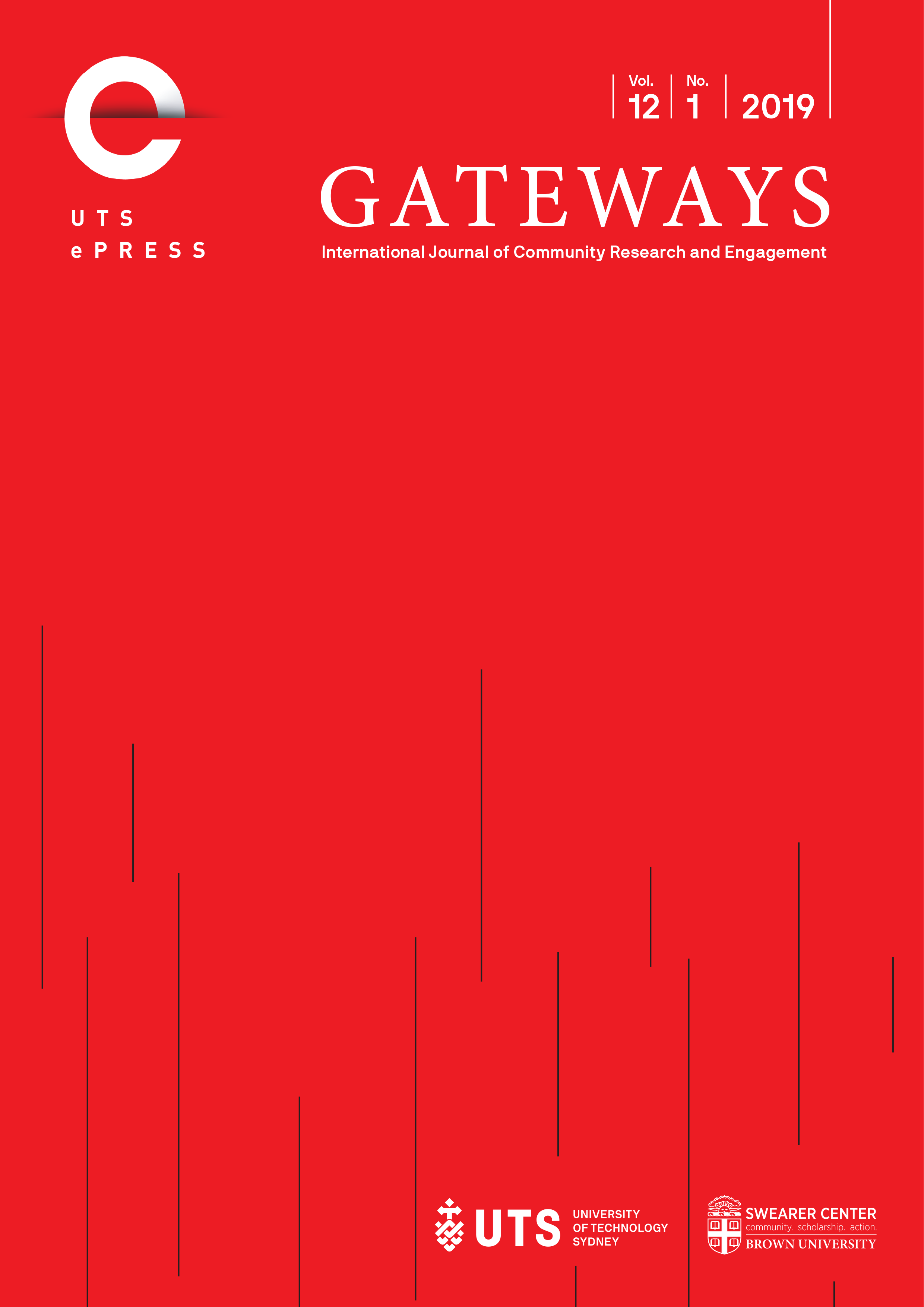Service-learning in the Philippines: The University of Santo Thomas’ National Service Training Program
Main Article Content
Abstract
Service-learning in the educational sector has shown increased impact on student lifelong learning and institutional commitment to the community over the past decade. Universities in the Philippines provide various service-learning programs for their partner communities, to address students’ understanding of real-life community needs. However, there has been little study on students’ service-learning in geriatric institutions. This article first discusses higher education in the Philippines, noting the impact of the National Service Training Program on institutions’ programs. It then describes how one university, the University of Santo Tomas, has responded to this policy framework with the development of community programs that also meet its goals for social transformation. One particular program is examined – a service-learning program involving college students and a geriatric institution in Manila. Early qualitative feedback provides an understanding of college students’ perceptions of the elderly and the service-learning implemented by the university. It also offers a strong foundation for continuing to improve the current service-learning program. From this study an 8-loop model has been developed for future evaluations of the service-learning program in this geriatric institution.
Keywords
service-learning, elderly, geriatric institution, Philippines higher education
Article Details
Issue
Section
Authors who submit articles to this journal from 31st March 2014 for publication, agree to the following terms:
a) Authors retain copyright and grant the journal right of first publication with the work simultaneously licensed under a Creative Commons Attribution License that allows others to share and adapt the work with an acknowledgement of the work's authorship and initial publication in this journal.
b) Authors are able to enter into separate, additional contractual arrangements for the non-exclusive distribution of the journal's published version of the work (e.g., post it to an institutional repository or publish it in a book), with an acknowledgement of its initial publication in this journal.
c) Authors are permitted and encouraged to post their work online (e.g., in institutional repositories or on their website) prior to and during the submission process, as it can lead to productive exchanges, as well as earlier and greater citation of published work (See The Open Access Citation Advantage Service). Where authors include such a work in an institutional repository or on their website (ie. a copy of a work which has been published in a UTS ePRESS journal, or a pre-print or post-print version of that work), we request that they include a statement that acknowledges the UTS ePRESS publication including the name of the journal, the volume number and a web-link to the journal item.
d) Authors should be aware that the Creative Commons Attribution (CC-BY) License permits readers to share (copy and redistribute the work in any medium or format) and adapt (remix, transform, and build upon the work) for any purpose, even commercially, provided they also give appropriate credit to the work, provide a link to the license, and indicate if changes were made. They may do these things in any reasonable manner, but not in any way that suggests you or your publisher endorses their use.
For Volume 6 (2013) and before, the following copyright applied:
Articles published by UTSePress are protected by copyright which is retained by the authors who assert their moral rights. Authors control translation and reproduction rights to their works published by UTSePress. UTSePress publications are copyright and all rights are reserved worldwide. Downloads of specific portions of them are permitted for personal use only, not for commercial use or resale. Permissions to reprint or use any materials should be directed to UTSePress.
